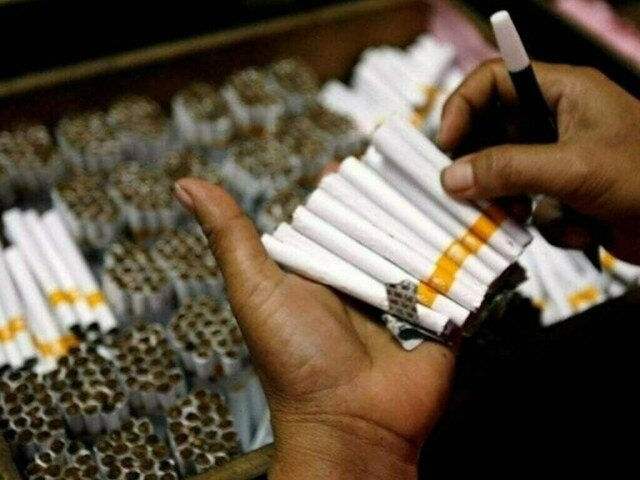Enhanced Measures to Combat Illegal Tobacco Trade
Pakistan has taken a significant step in its ongoing battle against the illegal tobacco trade. The Federal Board of Revenue (FBR) has introduced new powers for both provincial and federal officers, allowing them to seize cigarette products that lack valid tax stamps. This move is part of the latest Statutory Regulatory Order (SRO 1279 of 2025), which empowers officers not below Grade 16 to inspect and confiscate untaxed tobacco from shops, warehouses, and even vehicles across the country.
This initiative follows the enactment of the Finance Act 2025, which aims to tackle the widespread sale of illicit tobacco products. The authorized officers include Deputy Commissioners, Assistant Commissioners, and Excise and Taxation Officers operating in various provinces. These officials now have the legal authority to conduct inspections and take immediate action against the possession and movement of unstamped or fake-stamped cigarettes.
Recognition from the World Health Organization
The World Health Organization (WHO) has acknowledged Pakistan’s efforts in its 2025 Global Tobacco Epidemic Report. The country achieved a record revenue of Rs298 billion in tobacco taxes in 2024, equivalent to nearly $1.1 billion. This success was driven by bold tax reforms that also led to a 28 percent reduction in cigarette production, marking a crucial step in curbing tobacco use.
Despite these achievements, WHO has highlighted that Pakistan still needs to strengthen its enforcement of broader tobacco control policies. The organization recommends implementing stricter smoking bans, launching public awareness campaigns, and introducing plain packaging regulations to fully address the issue of tobacco consumption.
Evidence-Based Policies and Tax Reforms
WHO has commended Pakistan’s evidence-based policies, particularly the cigarette tax hikes implemented between 2022 and 2023. These reforms included tripling cigarette taxes, doubling the minimum retail price from Rs63 to Rs127, and increasing the tax share in retail prices. These measures have made smoking more expensive and less accessible to the public, contributing to a decline in tobacco use.
The government’s recent actions reflect a growing commitment to reducing tobacco consumption and increasing tax revenues. With stronger enforcement mechanisms in place and international recognition for its efforts, Pakistan is positioning itself to intensify its fight against the illegal cigarette trade and the associated health risks.
Broader Implications and Future Steps
The crackdown on illegal tobacco trade is not just about increasing tax collection; it is also a critical public health initiative. By targeting the supply of untaxed and counterfeit cigarettes, the government is addressing the root causes of tobacco-related illnesses and deaths. The collaboration between the FBR and local authorities is expected to improve compliance and reduce the availability of illicit products.
Additionally, the government is working on enhancing public awareness about the dangers of tobacco use. Campaigns aimed at educating citizens, especially youth, are being developed to complement the enforcement efforts. These initiatives are designed to create a culture of health consciousness and discourage tobacco consumption.
Conclusion
In summary, Pakistan’s recent measures against the illegal tobacco trade represent a proactive approach to tackling a complex issue with far-reaching consequences. The combination of legal reforms, increased taxation, and enhanced enforcement is setting a strong foundation for long-term progress. While challenges remain, the country’s commitment to evidence-based policies and international cooperation signals a promising direction in its ongoing efforts to protect public health and ensure sustainable economic growth.

